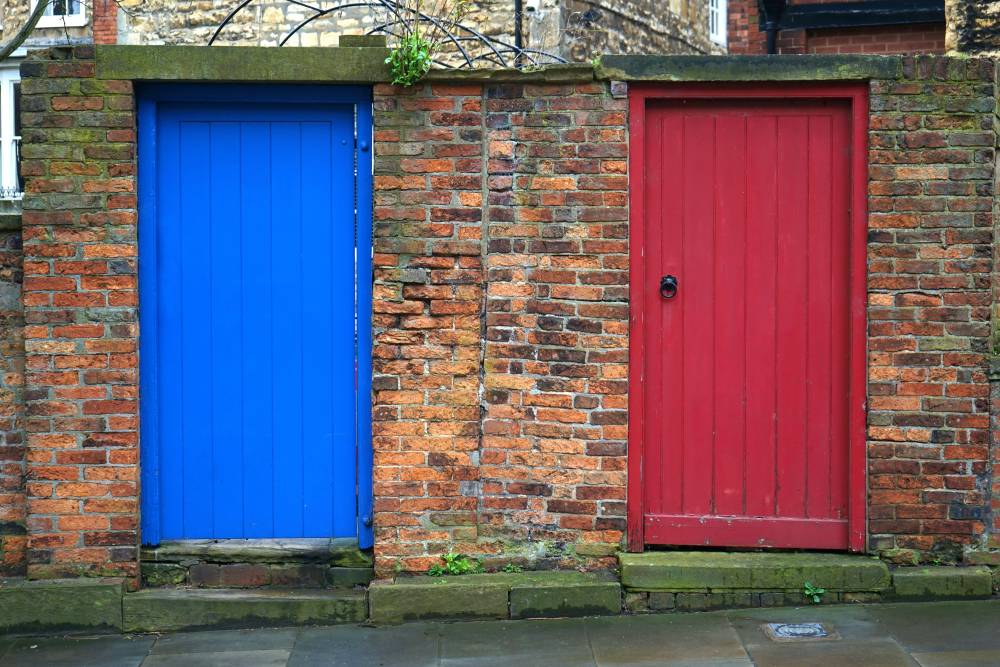One example of a notoriously difficult probability problem is the "Monty Hall problem,"
One example of a notoriously difficult probability problem is the "Monty Hall problem," which goes as follows:
Suppose you are a contestant on a game show, and the host presents you with three doors. Behind one of the doors is a valuable prize, while the other two doors conceal nothing. You are asked to pick one of the doors.
After you make your selection, the host, who knows what's behind each door, opens one of the other two doors to reveal that it is empty. At this point, you are given the option to either stick with your original choice or switch to the remaining unopened door.
The question is: What is the optimal strategy? Should you stick with your initial choice, switch to the other unopened door, or does it not matter?
The answer, surprisingly, is that you should switch to the other unopened door. The probability of winning the prize by switching is 2/3, while the probability of winning by sticking with your initial choice is only 1/3. This result is counterintuitive and has been the subject of much debate and confusion.
I can explain how to solve the Monty Hall problem.
Let's say you initially choose Door 1. The probability that the prize is behind Door 1 is 1/3, and the probability that it is behind one of the other two doors (Doors 2 and 3) is 2/3.
The host, who knows where the prize is, then opens one of the other two doors to reveal that it is empty. Without loss of generality, suppose the host opens Door 2 to reveal that it is empty. Now you are faced with a choice: stick with Door 1, or switch to Door 3?
If you stick with Door 1, your probability of winning the prize is still 1/3. But if you switch to Door 3, your probability of winning the prize is now 2/3.
To see why this is the case, consider the two possible scenarios:
- Scenario 1: The prize is behind Door 1. In this case, the host must open Door 2 or Door 3, both of which are empty. If you switch to Door 3, you lose. If you stick with Door 1, you win.
- Scenario 2: The prize is behind Door 2 or Door 3. In this case, the host must open the other empty door. If you switch to the remaining unopened door (in this case, Door 3 if Door 2 was opened), you win. If you stick with your initial choice (Door 1), you lose.
Since the probability that the prize is behind Door 2 or Door 3 is 2/3, and switching leads to a win in Scenario 2, the overall probability of winning by switching is 2/3, while the probability of winning by sticking with your initial choice is only 1/3.
Therefore, the optimal strategy is to always switch to the remaining unopened door.



